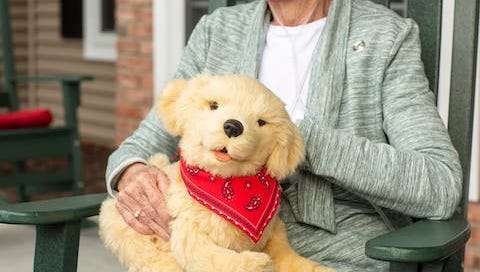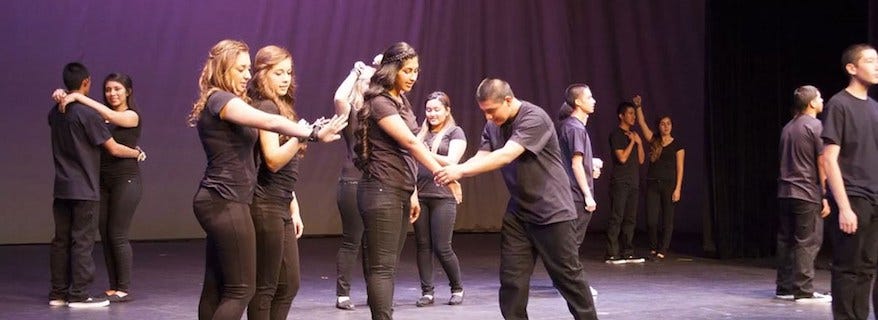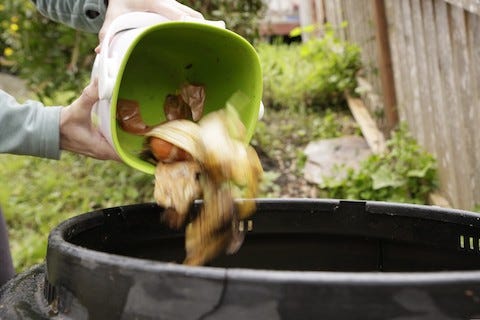This Week on the Central Coast...
CSUMB and MHS team up for theater, robotic pets arrive at nursing homes, and Watsonville continues to lead the area in conservation efforts.
Monterey HS pairs up with CSUMB for theater program
A new program, called Performance as Education, has started at CSUMB. The program pairs professional theater workers with high school students in a unique youth development program.
Students spend two weeks living on the CSUMB campus while they prepare for the production, called “Las Memorias”. “The goal is to introduce and familiarize college life to the students.” During the time that the program ran in Washington, “over 80% of the program’s participants went on to attend college.” The productions are completely created by the students and are representative of their real-life stories and experiences.
The production is free and open to the public and starts on Thursday (August 4) and Friday (August 5) at 7pm at the World Theater at CSUMB.
Robotic pets were donated to local nursing homes
More than 300 robotic pets were ordered to be distributed to nursing homes across Monterey County. Twenty-seven robotic dogs and cats were donated to Pacific Coast Post-Acute Nursing Home in Salinas. The robotic pets are designed to provide fun and joy to a demographic that is often overlooked with products like this. On their website, Ageless Innovation, the company responsible for the creation of the pets, says “bringing the interactive companionship, happiness and purpose associated with owning a pet, without the responsibility, continues to be a key to the brand’s success.”
Early results from numerous independent research projects have shown a positive impact on the mental health of older adults living alone or with Alzheimer’s or any form of dementia. You can read more about the company’s history and its origin with Hasbro on their website.
Watsonville leads with its ambitious conservation goals
New regulations and services were approved in Watsonville to decrease the amount of organic waste going to landfills over the next couple years. Single-family residences can now have green-cart services at their homes, which can be used for both food and yard waste. Apartment complexes will have the service by the end of the year. On top of that, the city will be purchasing a fully-electric truck with the help of some grants.
The state has organic-waste-goals of its own and aims to require all residents and businesses to begin separating compostables by 2025. California requires cities to separate these items at the dump already. However, some waste still becomes trapped without oxygen, which then produces methane. Additionally, the organic waste needs to be hauled off to another location, requiring unnecessary vehicle use. If waste is separated before it reaches the landfill, similar to how we already separate recyclables, a lot of unnecessary damage to the environment can be avoided.
The other initiative Watsonville is taking is to reduce the amount of water being used. The city is 90% reliant on rainfall for its water supply and, with the current drought situation, it is declaring a Stage Level 2 Water Supply Shortage, which sets a goal of a 20% reduction in water usage. Watsonville has a set of measures on its website to help meet this goal.
The city is also offering rebates for drought-tolerant landscapes based on the size of the project (up to $1,000 for residential locations).
If you enjoyed this week’s newsletter, please consider sharing it! It really helps The Peninsula Report grow.






